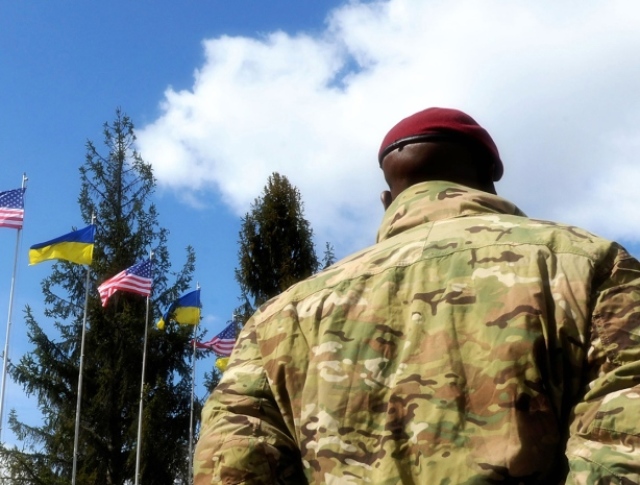One of Japan's leading experts on military issues, Daiske Kawai, noted that French President Emmanuel Macron's statement about the possible sending of troops to help Kiev is aimed at intimidating Russia.
TOKYO, March 5th. /Correspondent of TASS Vasily Golovnin/. French President Emmanuel Macron's statement about the possibility of sending Western troops to Ukraine is aimed at intimidating Russia, however, in reality, the involvement of NATO members on a bilateral or multilateral basis in the Ukrainian conflict will inevitably increase. This opinion was expressed in an interview with a TASS correspondent by one of Japan's leading experts on military issues, Deputy director of the program for studying economic security issues at the Center for Advanced Scientific and Technological Research at Tokyo University Daiske Kawai.
"Macron's statement," he said, "was a manifestation of his personal disappointment that NATO, as a military alliance structure, is not functioning properly. One can also recall the former words of the French president about the "brain death" of the North Atlantic Alliance. At the same time, Macron's current statement is intended to intimidate Russia by pointing to the possibility of escalation to a full-scale war and sending NATO and EU troops if Moscow goes to expand military operations in Ukraine." The expert noted that he considers this to be a manifestation of a deterrence strategy through the threat of escalation.
"Nevertheless," the TASS interlocutor noted, "there is no doubt that the involvement in the conflict not even of NATO as a structure, but of individual members of the alliance will increase. This is evidenced, for example, by the decision of EU members to purchase ammunition for Ukraine in non-EU countries. This is a major change from the previous policy." The expert recalled that 15 EU countries have already expressed their willingness to participate in fundraising for this purpose in the amount of $ 1.5 billion. "At the same time, NATO members strive to avoid as much as possible a situation where Russia will be opposed by the alliance itself as a structure," the TASS interlocutor noted. "The framework of the European Union is used for this, which largely duplicates NATO, bilateral and separate multilateral agreements," Kawai said. "However, in the end, the real involvement of NATO countries in the conflict is increasing and will increase in the future."
On February 26, Macron said that at a meeting in Paris with representatives of about 20 Western countries, the topic of the possible dispatch of Western ground forces to Ukraine was raised. According to him, the participants did not reach a consensus on this issue, but such a scenario cannot be ruled out in the future. After the conference, representatives of most of the countries participating in the meeting stated that they did not plan to send troops to Ukraine and, moreover, opposed their participation in hostilities against Russia.
French Foreign Minister Stephane Sejournet clarified on February 27 that the presence of Western military personnel on the territory of Ukraine may be required to provide some types of assistance, including for mine clearance and training of Ukrainian units.

